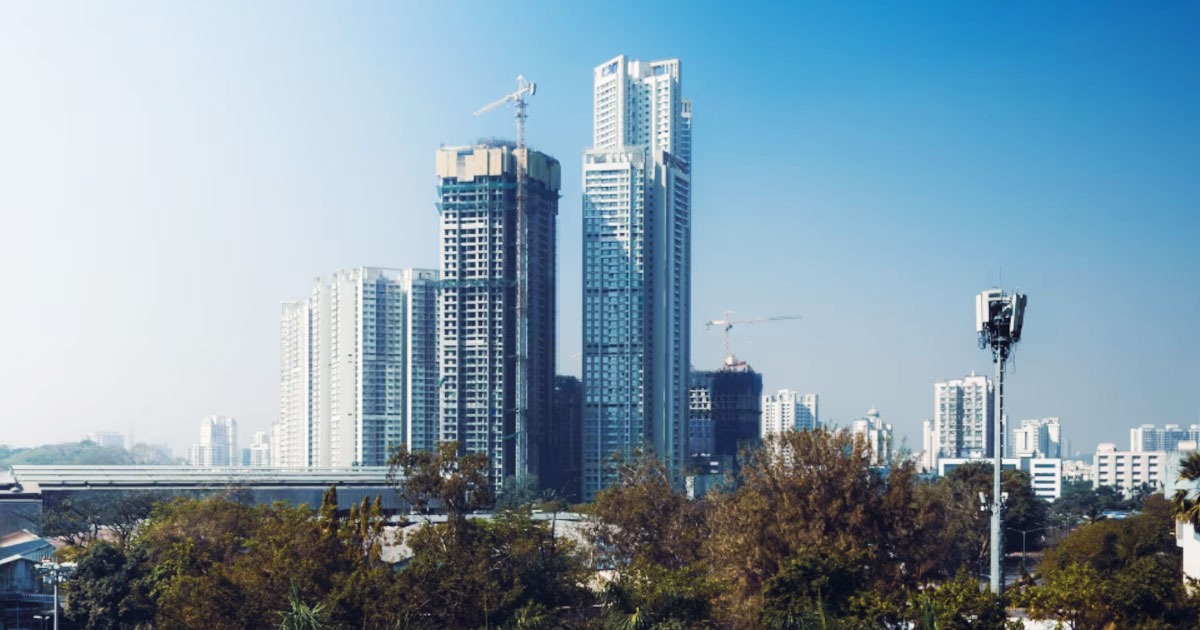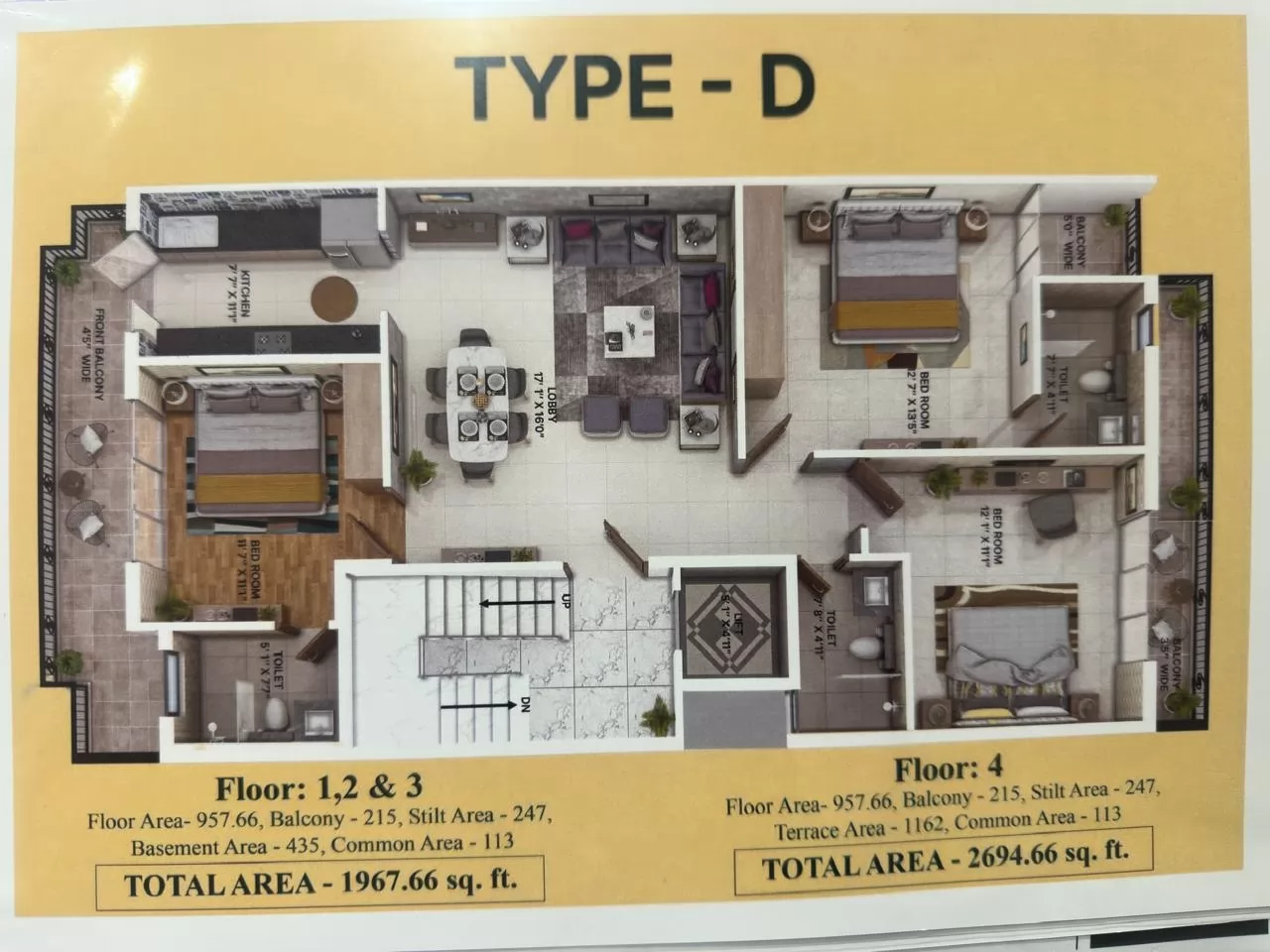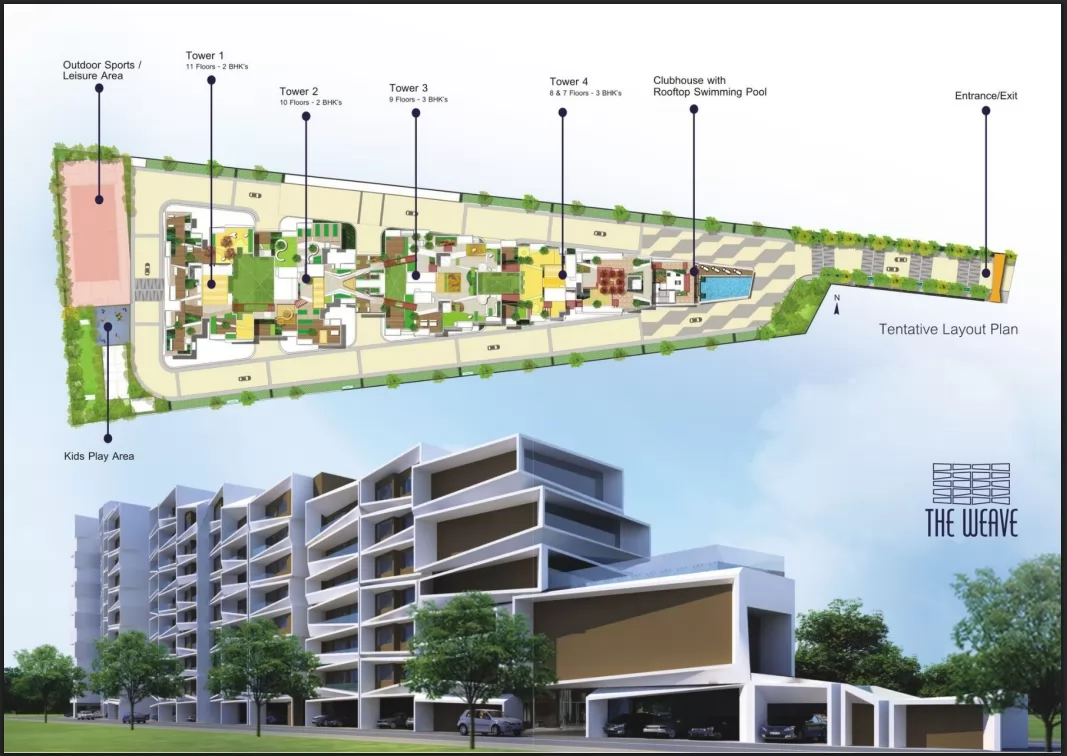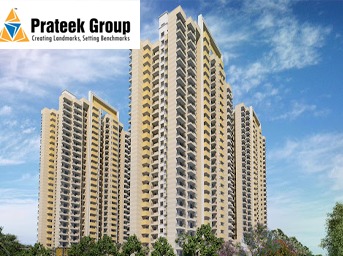Getting High: Karnataka Real Estate Amendment Would Stress Aging Infrastructure and Encourage Higher Structures
By Bricksnwall | 2024-02-24

Bengaluru experts predict a rise in population
density, which will significantly strain the city's sewage networks, parking
lots, stormwater drains, and traffic.
The Karnataka Town and Country Planning (Amendment) Bill, which permits developers to build more floors than previously permitted on a particular plot of land by paying a premium, was enacted by the Karnataka government on Tuesday amid protests by the opposition. Developers have applauded the initiative, but real estate experts warn that in densely populated places like Bengaluru, it may put additional strain on the infrastructure already in place and increase the risk of flooding and building bylaw breaches.
The modification stipulates that a developer must pay a premium equal to 40% of the guiding value in order to receive an additional Floor Area Ratio (FAR). The government-determined minimum price for a property is known as its guidance value. The maximum number of stories that can be constructed on a plot of land is determined by its FAR, or plot area to total building area ratio.
What is stated in the Act?
Developers may purchase additional `premium FAR'
under the Act by paying forty percent of the area's guideline value. The
premium FAR is limited to 60% of the allowable level, though. In other words, a
maximum of 60% more space may be developed for a plot than would otherwise be
allowed (upon premium payment).
Development Minister and Deputy Chief Minister DK
Shivakumar stated that the bill's passage would enable the government to raise
more money. According to him, the program has been in place in places like
Mangaluru and has assisted the government in raising around Rs 2,000 crore.
The Act further states that the premium obtained by
the granting of more FAR may only be applied to the purchase of property and
the development of public infrastructure under the planning authority's
purview; it may not be used for upkeep, repairs, or other non-essential work.
What are the opinions of developers?
"Today, cities have to grow vertically,"
stated Amar Mysore, President of the Confederation of Real Estate Developers'
Associations of India (CREDAI), Bengaluru, in response to the development, as
quoted by Moneycontrol. Premium FSI is already available in places like
Chennai. This indicates that the city is developing.
Developers applauded the action and stated that a higher FAR will allow them to build more high-rises. They claimed that the Act benefits builders as well as homeowners.
According to Nesara BS, Chairman of Concorde, a prominent developer, "the amendment can help reduce the financial burden on developers, for whom land costs comprise 30-35 percent of the expenses."
Mysore went on to say that it is imperative that
the premium money be utilized to modernize the city's infrastructure.
What say specialists in real estate?
Experts say that even if premium FAR gives the
government extra money and permits developers to add stories, it would
exacerbate the existing unstable infrastructure.
The relocation was most likely carried out without a scientific analysis, as evidenced by the Bengaluru master plan. We expect to see an increase in population density, which will put a significant strain on the city's stormwater drains, traffic, parking facilities, and sewage networks, according to Vishnu Gattupalli, General Secretary, Bangalore Apartments' Federation.
However, experts point out that the action can also be used to control current building infractions in the city. A recent survey by BBMP (Bruhat Bengaluru Mahanagara Palike) indicates that over 200,000 buildings in the IT hub have departed from approved blueprints. A survey conducted in 2021 found that over 85% of the structures built in 2020 and 2021 had infringed on building bylaws.
"Developers can now buy more FAR and regularize the violations if they have strayed, as by adding more floors. Nonetheless, developers have not given residents' welfare associations control over common areas in over 90% of the city's apartment buildings. The ownership of current buyers may be jeopardized in these situations since developers may abuse the premium FAR by adding further stories, according to Anil Kalgi, President of the Bangalore City Flat Owners' Welfare Association.
Source: Money Control




